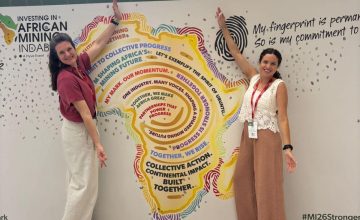
Mining Indaba 2026 brought into focus both the opportunities and the fault lines running through the global critical minerals landscape.
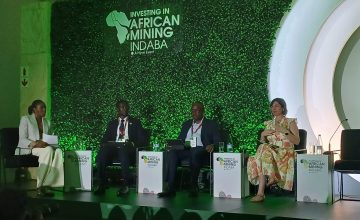
During Mining Indaba 2026, Levin Sources’ CEO and Founder, Estelle Levin-Nally, spoke on a panel about the importance of gold for Africa’s development.
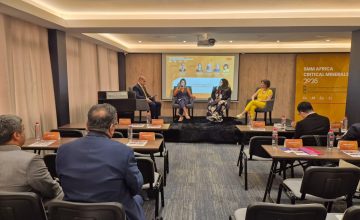
During Mining Indaba 2026, Levin Sources’ CEO and Founder, Estelle Levin-Nally, spoke on a Shanghai Metal Market panel about value addition, local content, and the impact of European due diligence regulations on producer nations.
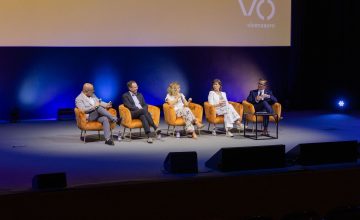
Responsible sourcing is central to ensuring that businesses deliver on one of their fundamental obligations: respecting human rights and protecting the environment.
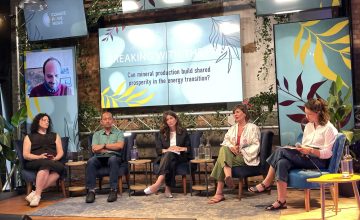
Explore how investors can drive responsible mining transformation beyond financial returns.
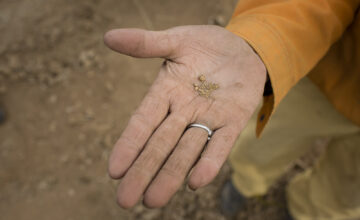
Our conviction of what is possible – when we embrace what is right, what is achievable, what makes good common sense for business, states, and affected people and environments over the long-term – stands strong.
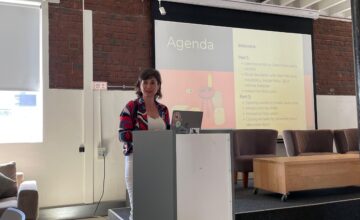
Without access to remedy, victims continue to suffer. We know we have achieved remedy when dignity is restored.
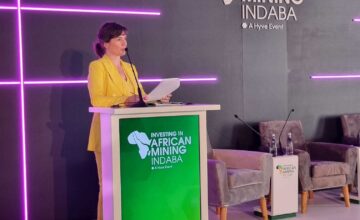
Notes from the keynote speech Estelle Levin-Nally delivered on “Environmental Social and Governance (ESG) Principles in Critical Mineral Supply Chains (MSP Forum)”.

Julie Schindall on how voluntary sustainability standards can – and cannot – help businesses practice effective human rights and environmental due diligence.
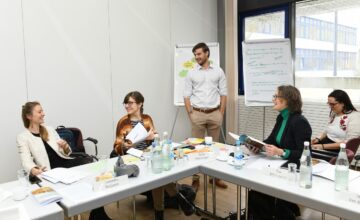
The Pathway is particularly applicable to multistakeholder processes seeking to align diverse stakeholders to take complementary or joint action to address a common issue or opportunity.
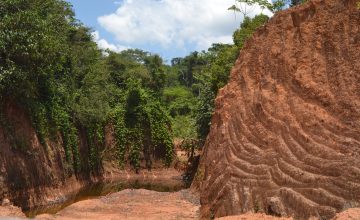
Explore the strengths and limitations of the EU Conflict Minerals Regulation compared with other frameworks like the OECD Minerals Guidance and sector-specific standards, and why we need deeper engagement and cooperation to tackle illegal gold trade.
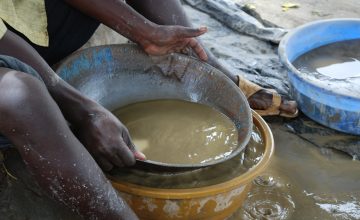
Donors and investors are looking into the role of the ASM sector in the context of critical minerals. They are scoping how they might support mitigating the challenges and advancing the development of ASM. Here is our advice to support the professionalisation and development of a responsible ASM sector.